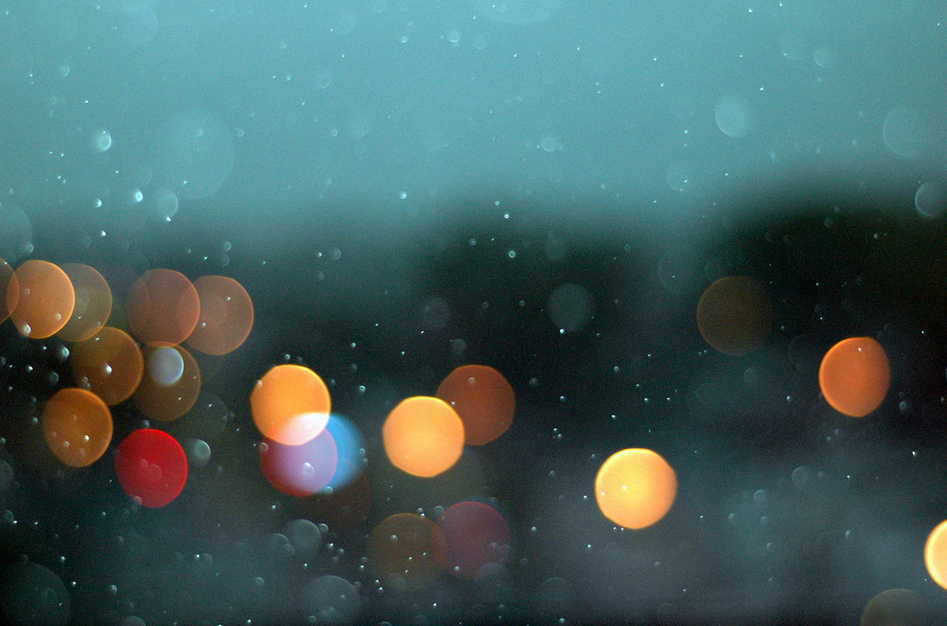
I was born blind to the traditional beauties of the world: crisp silhouettes against a fading sunset, precise letters on a blackboard, delightful constellations splayed across a tranquil night sky.
I like to see things up close and personal. Here is my first memory — tomatoes dangling from a vine just in front of my nose, bright red with delicate tendrils reaching towards a light they cannot see. I remember thinking of how beautiful they were, so loud in their perfection, clear and sharp in my blurred world.
The day I got my first glasses prescription came late, when I had already accepted my perception of the world and my position within it. I was eight and sitting in the back of the classroom because I was quiet and misbehaved, and then I realized that I couldn’t see anything. I could see the teacher’s hand grasping the white chalk and the arc of her arm as she scratched the chalk against the board, but I couldn’t see what she was writing. It was all blur and no meaning. I concluded that perhaps my way of seeing the world wasn’t correct.
I lived in a world of imprecise edges and blended colors, of bokeh and halos. My universe was one life-sized, three-dimensional Van Gogh — in the foreground, objects were separate but, as they moved to the background, they melded into one continuous image. My imagination added detail to the unmarked landscape, as I ran around searching for clarity amid the colors.
When the optometrist told me I was near-sighted, I found myself in a ball, crying inconsolably. The revelation made me feel as if a part of my existence were being rejected. Before that moment in the classroom, I thought I had perfect vision; no one had ever told me otherwise. I loved how I saw the world in all its blended glory.
We are so often told that our bodies aren’t perfection but I found it so much more devastating to hear that my view of the world was wrong. I was only a 16 out of 20, not a 20 out of 20 and it had all to do with biology and luck, not personal fault.
The day I saw the world clearly for the first time — saw it the way normal, 20/20 people did — was perhaps one of the most memorable days of my life. As I slipped on my glasses, the cool metal sliding along the virgin skin of my ears, the world suddenly shifted into an unfamiliar focus. I could see faces several feet away instead of a swirl of colors and dots. I could see the words on signs. I could see cars when I crossed streets. I could see the food on my plate.
But still, I could not see what I wanted to see. I missed seeing lights as small, pulsating suns or leaves as mosaic pieces of a tree. I missed the mystery, details that only revealed themselves when I looked at them from a few inches away. I missed the comfort of knowing my world.
I think it’s funny when people steal my glasses and put them on, squinting as their eyes try to adjust to my crazy prescription. But as much as the world bends and warps through the glass, they will never understood the universe I left behind when I got my first pair of glasses.
But there are those small moments, when I first get up in the morning or just before I go to bed, when I return to that space. I guess you could say this blurred place I inhabit, half-way between perfection and chaos, is the only place I can truly call my own. My paradise of hazy landscapes and blurred skies.
Contact Sofia braunstein at
sofia.braunstein@yale.edu .







